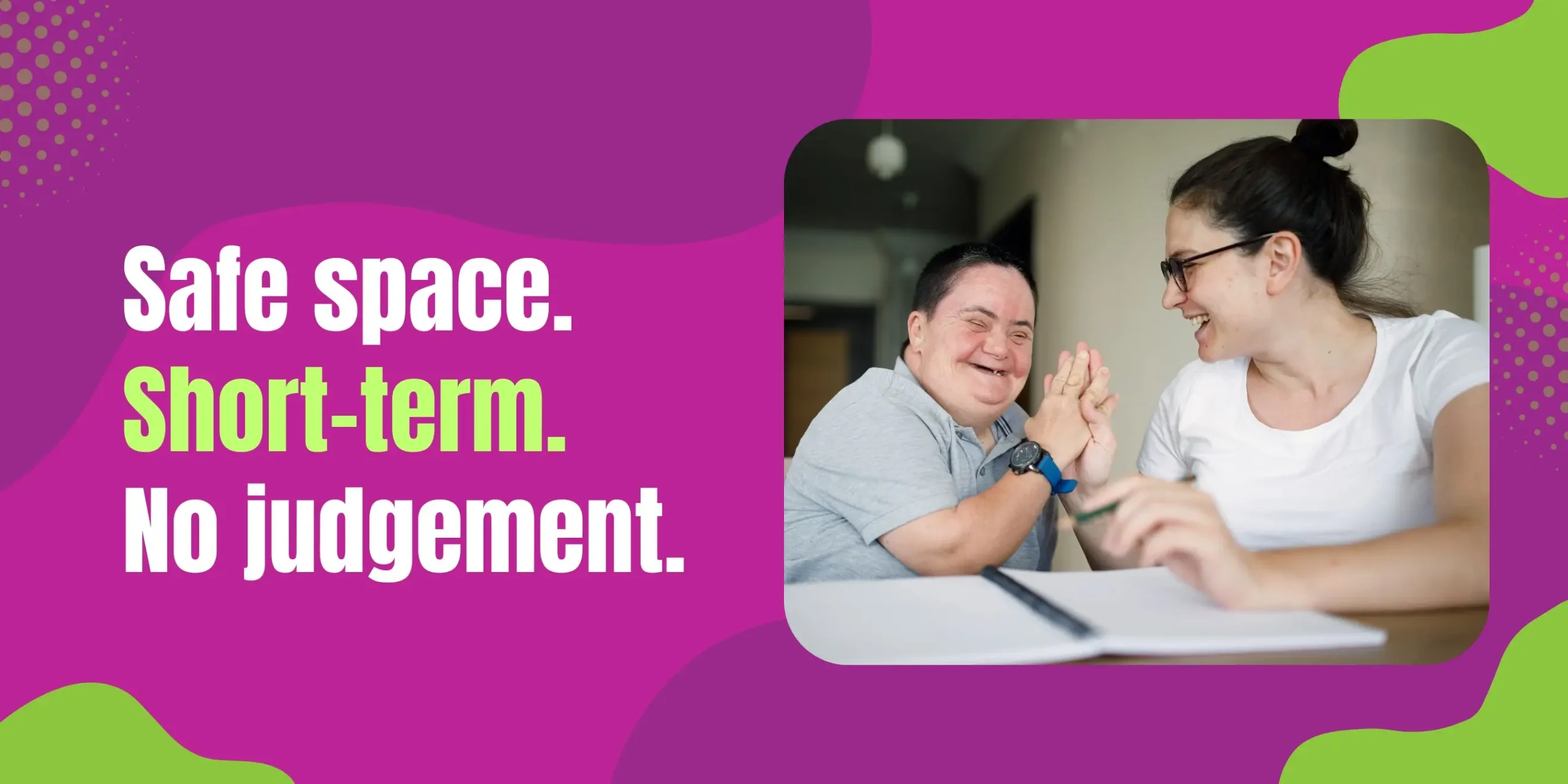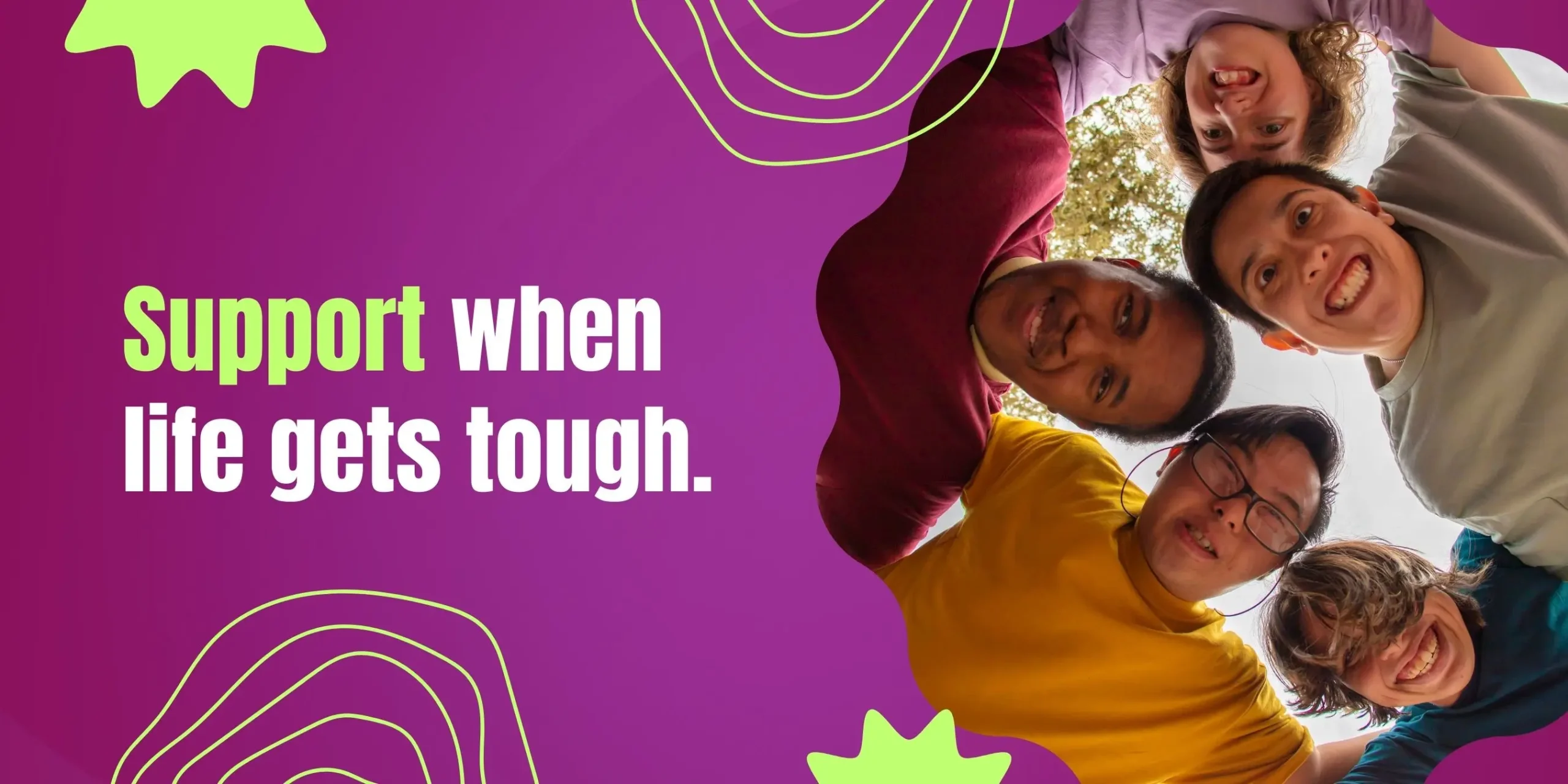When things feel too much and you are working your hardest to care for and support your child, there can be a time when more help is required. Voluntary Out-of-Home Care (VOOHC) is a managed, supportive service that provides children and families with the room to heal, re-group, and be given the correct type of care. Although the concept of initiating out-of-home care may be emotionally challenging, this article is structured to describe the process with sensitivity, openness, and respect for each family’s situation.
What is Voluntary Out-of-Home Care?
Voluntary Out-of-Home Care is an arrangement in which parents or guardians place their child under the care of an approved organisation for a limited time. It is typically temporary and arranged through a voluntary agreement, as opposed to by court order. It gives children a secure and supportive environment when families experience difficulties that affect their capacity to care for them at home.
In contrast to statutory out-of-home care, VOOHC is family-initiated and may be terminated by the family when they are ready. It is a mutual support arrangement, not a formal removal.
Why Families Might Choose VOOHC
Families might choose Voluntary Out-of-Home Care for any number of reasons, frequently in crisis or transition situations. Some of these situations include:
- Mental illness in a parent or carer
- Hospitalisation of a parent
- Short-term inability to care due to recovery or substance dependency
- Safety issues or risk of harm in the home
- A requirement for respite because of caring for a child with substantial support needs
- Temporary homelessness or housing instability
In each situation, the intention is to give stability and support while maintaining the child-family relationship.
Who is Eligible?
VOOHC eligibility is determined according to a family’s circumstances and the availability of accredited services. Young people and children under 18 can be placed in VOOHC, as long as there is an agreement with an agency which is registered with a government or regulatory authority.
Parents are legally responsible for the child, and services are usually provided in collaboration with registered agencies with a government or regulatory authority.
What Does the VOOHC Process Look Like?
The process starts with an open discussion. Families can go to a registered VOOHC provider and share their needs. From there:
Initial Assessment: A trained care team assesses the child’s needs, safety, and overall family situation.
Care Planning: A tailored care plan is created with the family’s input, with a focus on the child’s wellbeing, goals, and cultural needs.
Placement: The child is placed with a carer or in care that most appropriately meets their needs, either for the short term or for an agreed longer time.
Ongoing Support: Children and families have emotional and practical support during the placement. The care plan is regularly reviewed.
Transition Back Home: When the child is ready, services closely work with the family to plan a return home that is safe and supported.
 Rights and Responsibilities
Rights and Responsibilities
Under a Voluntary Out-of-Home Care arrangement:
- Full parental rights remain with parents.
- Families must be completely informed about the arrangement terms.
- Children should be placed in culturally appropriate, supportive, and safe environments.
- The provider is required to have clear documentation and keep the families engaged in planning.
How Long Does VOOHC Last?
VOOHC may last anywhere from a few days to a few months, depending on the child and family’s needs. The arrangement is always voluntary, and families can ask to terminate or modify the arrangement with notice.
However, continuing care after 90 days needs to be reported to the overseeing governing body and assessed regularly. This maintains the arrangement appropriate and ensures every attempt is being made to reunite the family where possible.
How VOOHC Interconnects with Other Supports
VOOHC frequently works in conjunction with the following services:
- Disability support for children with complex needs
- Family counselling and mental health services
- NDIS-funded supports
- School and educational support
- Case management and outreach services
Families can also be matched with ongoing community services that still offer support after the child comes home.
Selecting a VOOHC Provider
Having the right provider makes all the difference for peace of mind and effective care. Ask for a provider who:
- Is officially registered and regulated
- Has trained and experienced care staff
- Offers family-centred, trauma-informed care
- Communicates clearly and regularly
- Supports cultural, spiritual, and emotional needs
One such service provider is ADCS, an NDIS provider that holds compassion, trust, and culturally sensitive care for struggling families as their values. Their staff is skilled at working closely with children and parents to build caring experiences that are safe, respectful, and feel like family, rather than separation from family.
Emotional Considerations for Families
Voluntary Out-of-Home Care is a choice that raises a lot of feelings-guilt, fear, relief, sadness, and hope all at the same time. Parents should recognise that seeking help is a sign of love and strength.
Families often discover that, with proper services in place, they are able to restore healthier, stronger home environments. Children thrive with regular care and routine, while parents have time to heal, rebuild or receive the assistance they require.
VOOHC isn’t about giving up. It’s about making an informed decision to build the best possible result for a child in a difficult situation.
When to Reach Out
If you are repeatedly overwhelmed or concerned about your child’s safety and well-being, or if you are facing situations that make it difficult to care for your child regularly, it might be time to consider VOOHC options.
Early outreach guarantees improved outcomes and maintains families in the driver’s seat of their recovery process.
Conclusion
No family anticipates requiring Voluntary Out-of-Home Care, but when life gets out of control, this type of care can be the difference between the world and the end. It is not a failure. It is gaining the power to stop, reassemble, and return stronger. With proper care, families can heal and prosper once again.
ADCS provides kind, family-centred Voluntary Out-of-Home Care services that value safety, connection, and dignity. If you or someone you know is thinking about this option, contact the team at ADCS to find out more about how support can start today.


 Rights and Responsibilities
Rights and Responsibilities





